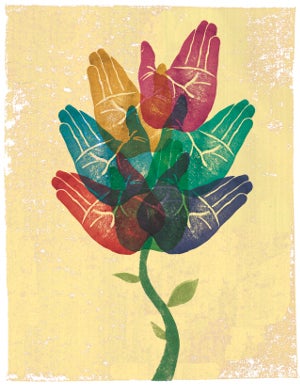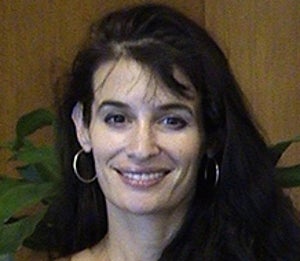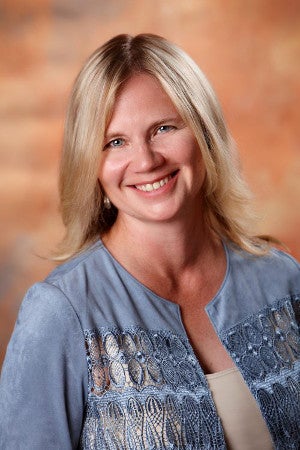LENS Health and Wellness
The Pursuit of Happiness
Our Everyday Deeds Can Lead to a More Satisfying Life
 IMAGE: THEISPOT.COM/SCOTT LAUMANN
IMAGE: THEISPOT.COM/SCOTT LAUMANNHappiness can be elusive. We tend to seek it through relationships, spending, food and jobs. But a growing body of evidence shows that happiness is less about us and more about a spirit of giving to others.
Consider the findings of some Case Western Reserve University researchers:

Eva Kahana, professor
Eva Kahana, PhD, Distinguished University Professor and sociologist, has followed 1,000 elderly people for more than 20 years to learn what leads to high satisfaction later in life, despite illness, the loss of loved ones and looming mortality. Kahana, also the Pierce T. and Elizabeth D. Robson Professor, and her research team found that people who do altruistic things, such as help others and volunteer, are significantly happier than those who don’t. What’s more surprising is that simply having an altruistic disposition—even if you’re frail or physically unable to help others—leads to a stronger sense of well-being.

Maria Pagano, Associate Professor
Higher levels of service to others also can lead to better outcomes for people recovering from addiction. Research by Maria Pagano, PhD (GRS ’14, biostatistics), an associate professor in psychiatry, has shown that the risks of relapse and incarceration are cut in half among youths who help others during their addiction treatment. She said such service can dispel alcohol or drug cravings, and help youths both fit in socially and be more aware of how their actions impact others. The work has led to a pilot program where juveniles with substance-related offenses spend part of their sentence helping out at 12-step meetings. Pagano said this approach holds promise for keeping juveniles with substance-related offenses sober and crime-free.

Julie Exline, professor
Conversely, Julie Exline, PhD, a psychology professor, and her team have shown that people who feel entitled to special treatment and believe they deserve more than others have higher rates of chronic disappointment. “It makes sense to feel entitled to good things if we have done something to earn them, but at a trait level, entitlement involves feeling that one deserves those things regardless of whether they have been earned,” Exline said. “Exaggerated expectations can open the door for disillusionment, frustration and conflict when people don’t receive the special treatment that they are expecting.”





